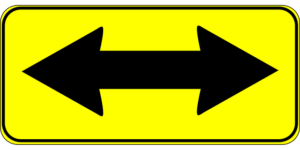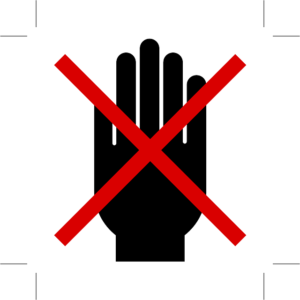Question forms
The typical word order in questions is:
Question word | auxiliary | subject | verb
examples: When does the class begin?, How does she do that?, What is that showing?
____

subject/object
the subject in a sentence performs the action
Why does John watch football on Saturday.
When does she come home?
Whether the question is about the subject or the object is the decision of the person who asks. In English we can use either.
____
the object in a sentence is the receiver of the action
Why does Bob sell fridges?
What does Cristina’s company sell?
____

we don’t use do in present simple auxiliary questions with a modal verb
Will they return soon?
Could it break easily?
Won’t he make a quick decision?
____

Do as an emphasis
Sometimes we want to emphasise what we are saying:
I do understand! (More emphatic than I understand). Maybe someone said that they understand but the listener did not believe them.
She does love me very much! (as above but with the third person conjugation)
They do wish that everyone would listen and stay at home! (people are no staying at home and ‘they’ (maybe for example, the government) are frustrated)
That does look like a diamond! (The speaker is surprised)
____

We use do in question tags
Tag questions are endings we add to questions to check information is correct or to make sure that someone answers.l
They don’t eat meat, do they?
They like non dairy cheese, don’t they?
He didn’t fall over, did he?
We don’t accept cheque payments anymore, do we?
____
Do as a dummy auxiliary in ‘yes/no questions’
Do you practise English every day?
Don’t you take sugar?
Did they let you go to the park?
____

… and to get information about the subject
Who did tell the student that the school is open today?
Why did you leave it on the floor?
Did they really say that?
____

Professional online English classes by a CELTA qualified teacher from London

